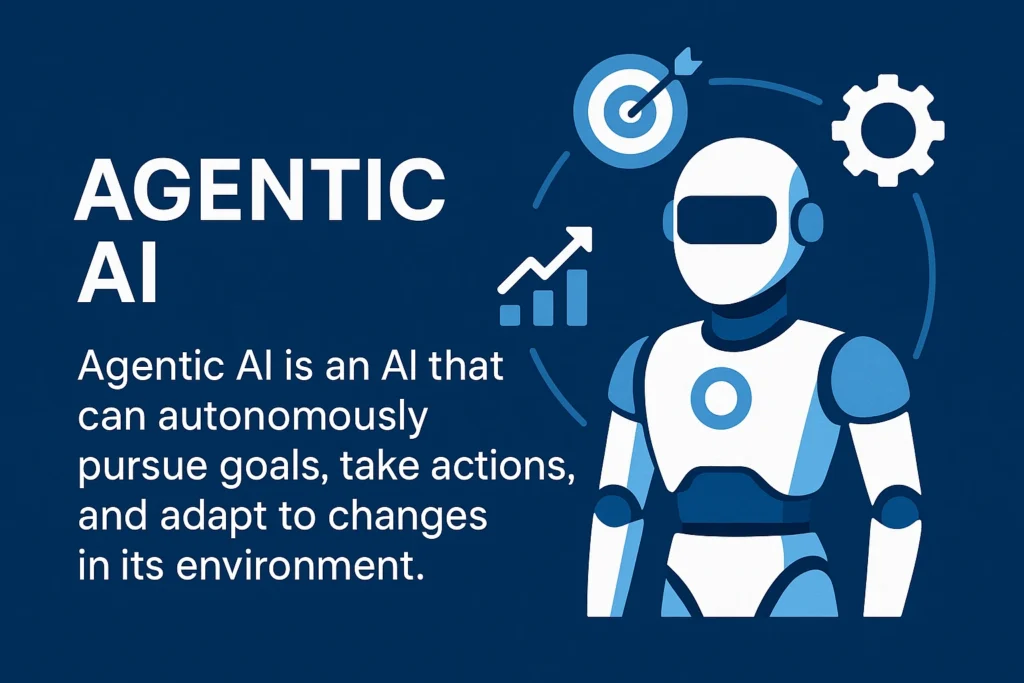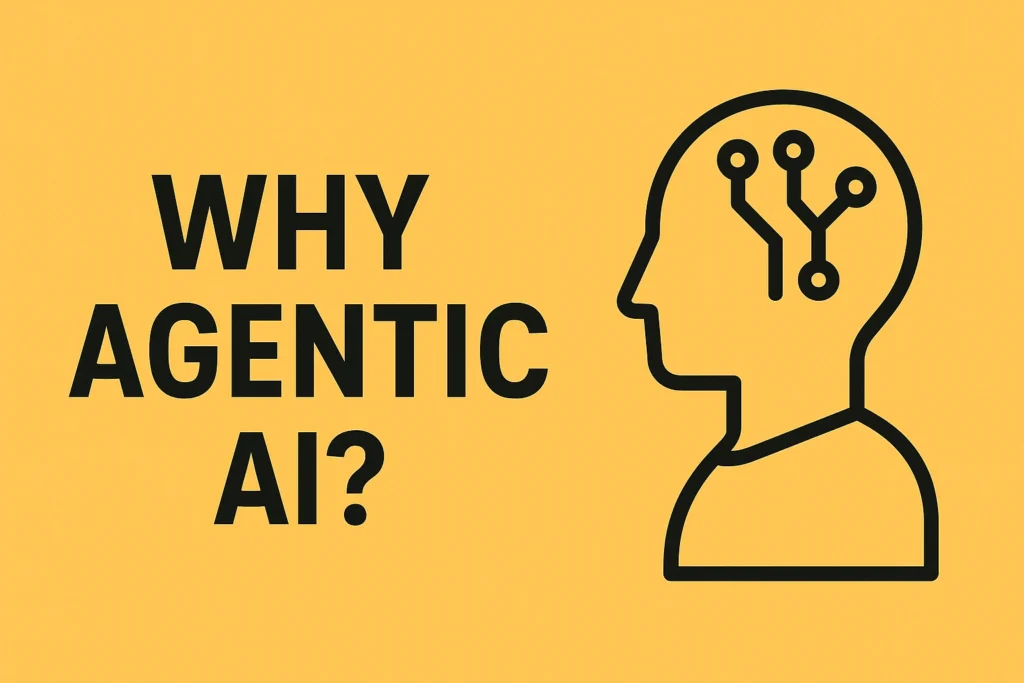Table of Contents
ToggleAI Agents: Reshaping Healthcare's Future

AI in Healthcare: A Complete Guide
Artificial intelligence is poised to drastically transform the healthcare landscape, moving beyond traditional applications to encompass holistic patient care.
Summary
Artificial intelligence (AI), particularly through the development and deployment of "AI agents," is poised to drastically transform the healthcare landscape. These intelligent tools are moving beyond traditional "narrow AI" applications in medical imaging to encompass a holistic approach to patient care, from administration and diagnosis to personalized treatment, drug discovery, and public health initiatives. The integration of AI aims to alleviate physician burnout, enhance efficiency, reduce costs, and, most importantly, improve patient outcomes and access to care, especially in underserved regions. While challenges such as data privacy, regulatory compliance, and the potential for over-reliance or "hallucinations" in generative AI remain, rigorous development, testing, and a focus on human-AI collaboration are paving the way for a more proactive, personalized, and efficient healthcare system.
Key Areas and Facts
1. Transformative Potential
AI represents a fundamental shift in healthcare delivery. Joelle Barral of Google DeepMind notes, "health care is really posed to be drastically changed with AI, but it may not look too different" on the surface.
- Broad Impact: AI is "transforming every aspect of healthcare."
- Addressing Burnout: Crucial for reducing administrative burden and physician burnout.
- Economic Impact: Global AI healthcare market projected to hit over $200 billion by 2030.
2. Evolution: Narrow AI & Beyond
AI's journey began with specialized tasks, now moving to comprehensive capabilities.
- Narrow AI: Early successes in medical imaging (e.g., diabetic retinopathy detection, already FDA-cleared).
- Human Limitations: AI can surpass human capabilities, identifying subtle patterns (e.g., cardiac disease from retinal images).
- Holistic Understanding: Combines diverse data (imaging, genomics, lifestyle) for deeper patient insights.
3. Disease & Digital Twins
AI is advancing our understanding and treatment strategies for complex diseases.
- Disease Advancement: Aims to "crack" advanced cancers by integrating multi-modal data.
- Digital Twins: Simulations of individuals/cohorts for "in silico clinical trials," reducing human cohort needs.
4. Operational Efficiencies
AI agents are streamlining administrative tasks, freeing up healthcare professionals.
- Admin Automation: Scheduling, EHR management, claims processing.
- Salesforce Health Cloud: "Einstein Summary" generates patient histories, drafts outreach.
- Oracle Health: Automates note-taking, proposes follow-up actions from conversations.
5. Enhanced Patient Experience
AI agents are improving the patient journey and access to care.
- Virtual Assistants: Provide initial questions, appointments, lab result interpretation, post-consultation queries.
- Improved Access: Aims to reduce wait times and offer 24/7 support.
6. Challenges: Accuracy & Ethics
Integrating AI comes with significant responsibilities and challenges.
- Accuracy: Models are not infallible; decisions on acceptable accuracy depend on context. Physicians remain "the one making the call."
- Data Privacy: Highly regulated space; frameworks like Medtronic's "AI Compass" ensure compliance.
- Ethical Use: Ensuring AI-driven research benefits all populations involved.
7. Challenges: Reliability & Human Role
Addressing the nuances of AI's integration into medical practice.
- Hallucinations: Generative AI models are prone to inaccuracies; Med-PaLM and Med Gemini are fine-tuned for medical corpus.
- Physician Over-Reliance: Risk of doctors losing skills; training for effective AI leverage is crucial.
- Human Touch: Physical exams still necessitate human physicians, though AI augments, not replaces.
Frequently Asked Questions
How is AI currently transforming healthcare?
AI is revolutionizing healthcare from administrative tasks to complex medical diagnoses and treatment planning. It guides patients, personalizes care, assists doctors with real-time note-taking, analyzes medical images, and empowers doctors with "superhuman capabilities" in identifying subtle anomalies. Key applications include enhancing diagnostics, improving personalized medicine, enabling remote patient monitoring, streamlining administrative tasks, and accelerating drug discovery and clinical trials.
What are "AI agents" in healthcare and what do they do?
AI agents are intelligent tools that process vast amounts of data, streamline workflows, and enhance patient care by mimicking human cognitive abilities. They collect and pre-process data from various sources, use knowledge representation to generate actionable insights, and interact with clinicians and patients through alerts, reminders, automated tasks, and virtual assistance. Examples include virtual real-time AI doctors, AI-powered receptionists, chatbots for lab results, and virtual AI assistants supporting doctors.
How does AI improve diagnostic accuracy and early detection of diseases?
AI significantly improves diagnostic accuracy by analyzing vast amounts of patient data, including medical images, genomic data, and even sounds. AI systems can detect anomalies in X-rays, MRIs, and fundus images with remarkable precision, often identifying subtle irregularities that might escape human observation. AI can also identify patterns and correlations in data that human analysts might overlook, leading to earlier interventions for conditions like cancer or neurological disorders and ultimately improving patient outcomes.
In what ways is AI making healthcare more patient-centric and accessible?
AI fosters a more patient-centric model by providing personalized care, enhancing communication, and improving accessibility. Virtual assistants and telehealth platforms offer 24/7 support, personalized health advice, and medication reminders, especially beneficial for patients in remote or underserved areas. AI-powered tools can interpret complex lab results in a user-friendly way, empowering patients to understand their health better. By tailoring treatment plans to individual needs, AI agents lead to higher recovery rates and greater patient satisfaction.
What are the main concerns and limitations of using AI in healthcare?
Despite its vast potential, AI in healthcare faces concerns and limitations. These include potential for misdiagnosis (false positives/negatives), challenges with "incidental findings," ethical considerations around data privacy, sovereignty, and accountability, risk of physician over-reliance, and issues like "hallucinations" or forgetting timelines common in generative AI models.
How does AI help alleviate administrative burdens and physician burnout?
AI plays a crucial role in reducing administrative strain and physician burnout by automating time-consuming, repetitive tasks. It captures notes in real-time during consultations, automatically generating structured clinical notes. AI agents also optimize appointment scheduling, manage electronic health records (EHRs), and streamline claims processing, reducing errors and accelerating reimbursements. This frees up physicians to focus on direct patient interaction and "brings back the joy of practicing medicine."
What is the concept of a "digital twin" in healthcare and how does AI contribute to it?
A "digital twin" in healthcare refers to a virtual replica or simulation of an individual, organ, or patient cohort, created by leveraging vast amounts of data. AI contributes by enabling the analysis and integration of diverse data sources, from genomics to real-world sensor data. These digital twins serve as proxies to interrogate the impact of interventions, allowing for in silico clinical trials, potentially reducing human participant needs, and accelerating drug discovery and disease understanding.
What ethical considerations are important when implementing AI in healthcare, particularly regarding patient data?
Ethical considerations are critical, especially concerning patient data. Privacy is a primary concern, requiring secure data handling and compliance with regulations like HIPAA. Accountability is crucial, ensuring research benefits communities from whom data originated. The emphasis is on balancing AI's potential with protecting against misuse or irresponsible handling of sensitive healthcare data, maintaining trust, and ensuring patient rights.
Conclusion
AI is fundamentally reshaping healthcare, promising a future where medical insights are deeper, care is more personalized, and access is broadened. From improving diagnostic accuracy and streamlining administrative tasks to accelerating drug discovery and empowering patients, AI agents are becoming indispensable. The industry is navigating complex challenges related to data governance, ethics, and ensuring reliable, safe deployment, but the overarching vision is to leverage AI to enhance the human element of medicine, making healthcare more effective, efficient, and ultimately, more joyful for both providers and patients.


